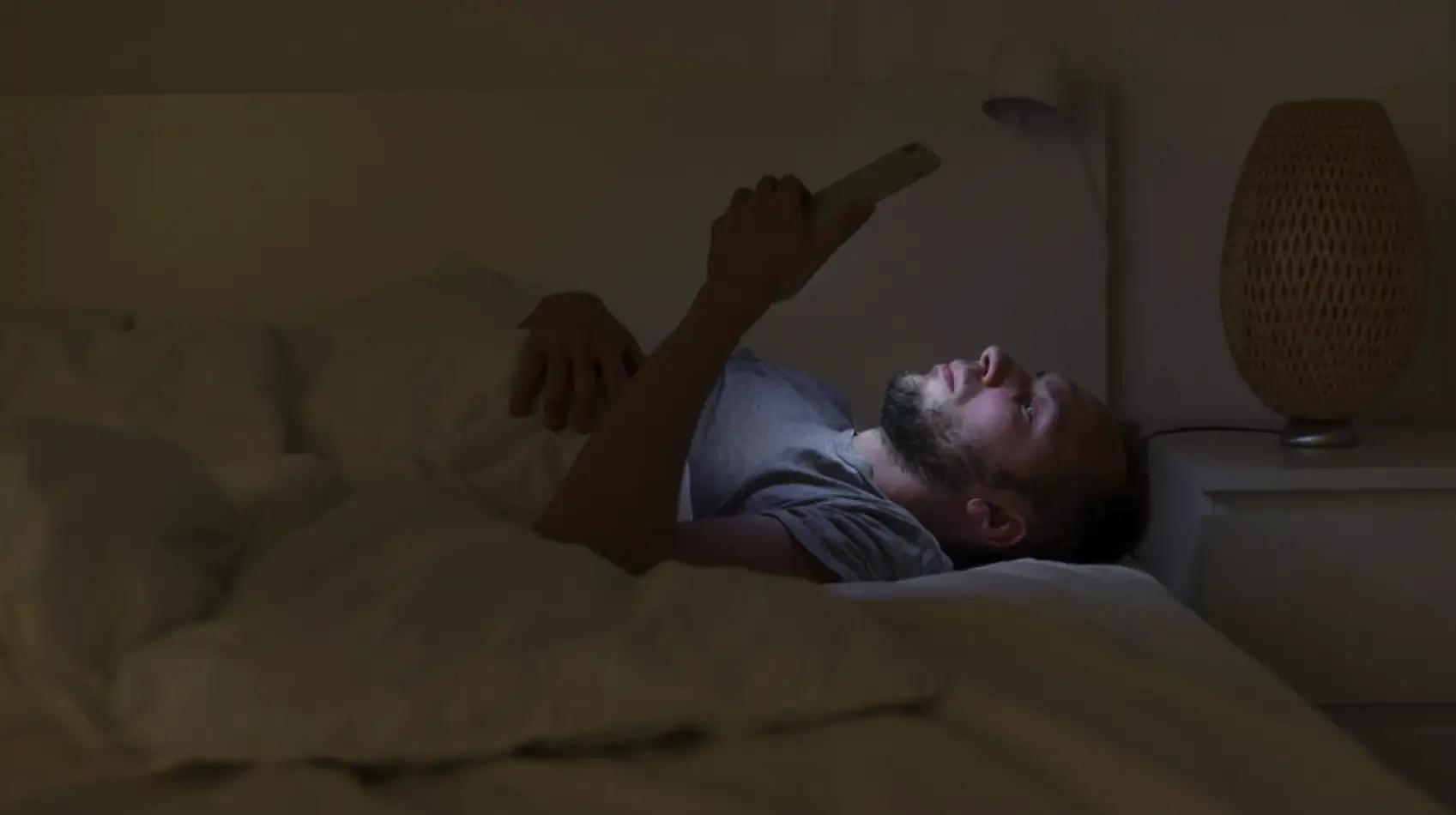Sleep is a fundamental biological need, yet its quality has significantly deteriorated in Latin America and worldwide in recent years. Excessive screen use, socioeconomic stress, and living conditions have contributed to what is shaping up to be a full-blown sleep crisis. According to the Worldviews Survey 2025 by WIN, 38% of the global population frequently experiences poor sleep, a percentage that has risen from 35% in 2021.
Globally, Hong Kong tops the list of countries with the worst sleep quality (59% of its population reports sleeping poorly), followed by Chile (56%), Brazil (52%), and Turkey (51%). In contrast, the countries with the best sleep indicators are Vietnam (15%), India (15%), Paraguay (19%), and Indonesia (23%).
The report reveals that sleep issues affect a significant portion of the population in Latin America. As mentioned, Brazil and Chile rank among the worst globally in terms of sleep quality. Mexico and Peru also show concerning figures, with 41% of their populations affected by sleep problems.
Sleep is not an isolated issue but is shaped by multiple social, economic, cultural, and personal factors. The survey found that unemployed individuals struggle the most with sleep—half of those without a job report sleep problems, highlighting a strong link between financial stability and rest. Additionally, certain demographic groups are more vulnerable, particularly women and those aged 35 to 64.
One of the primary factors deteriorating sleep quality is excessive screen use before bed. Globally, more than half of the population admits to frequently staying up late using their phone or computer. This issue is even more pronounced among young people aged 18 to 24, with an alarming 70% affected.
In Latin America, the trend is also concerning, especially in Chile, Mexico, and Argentina, where figures exceed the global average. Women and young people are the most impacted.
Technology affects sleep primarily through blue light exposure from electronic devices, which inhibits melatonin production—the hormone responsible for sleep. Additionally, digital content consumption leads to cognitive hyperstimulation, making it harder to relax and fall asleep.
In large cities, environmental noise significantly interferes with rest. A study conducted in Buenos Aires by Voices! for Fundación Ciudad found that half of the population reports sleep disturbances caused by noise, mainly from public transportation, sirens, garbage trucks, and construction work. As a result, many people have turned to sleeping pills, earplugs, or adjustments to their sleep schedules and environments to mitigate the problem. This phenomenon is not unique to Buenos Aires—it is mirrored in other major Latin American cities, where urban noise has become a constant threat to sleep quality.
In response to the sleep crisis, various governments and organizations have launched initiatives to reduce technology’s impact before bedtime and promote healthier sleep habits. In Mexico, a mobile app was developed to improve sleep quality through meditation and relaxation techniques. In Ecuador, the Universidad San Francisco de Quito launched an awareness campaign highlighting the importance of sleep and the negative effects of cellphone use before bed. Meanwhile, Brazil has implemented measures to limit electronic device use in schools, encouraging better sleep habits among students.
International organizations have also raised alarms about this issue. The World Health Organization (WHO) and UNICEF stress the need to set screen-time limits for children and teenagers, with experts recommending avoiding screens at least two hours before bed.
Additionally, several brands have launched innovative campaigns to promote better sleep. In Colombia, Colchones Spring introduced “Mereces dormir bien” (You Deserve to Sleep Well), a campaign that depicted real-life sleep habits in commercials to raise awareness about the importance of restorative rest. In Argentina, Melatol Plus launched “Reconcíliate con el sueño” (Reconcile with Sleep), emphasizing how sleep deprivation affects daily life and promoting healthier bedtime routines. These efforts show that both private companies and public institutions are beginning to address this growing concern proactively.
The sleep crisis in Latin America and around the world is not a minor issue. A combination of economic, social, technological, and environmental factors is affecting the well-being of millions, with consequences that are not yet fully understood. It is essential for governments, businesses, and society as a whole to adopt strategies that improve sleep hygiene and mitigate the negative impact of technology and noise on our health. Only then can we ensure quality rest and a better quality of life for future generations.
*Machine translation proofread by Ricardo Aceves.













